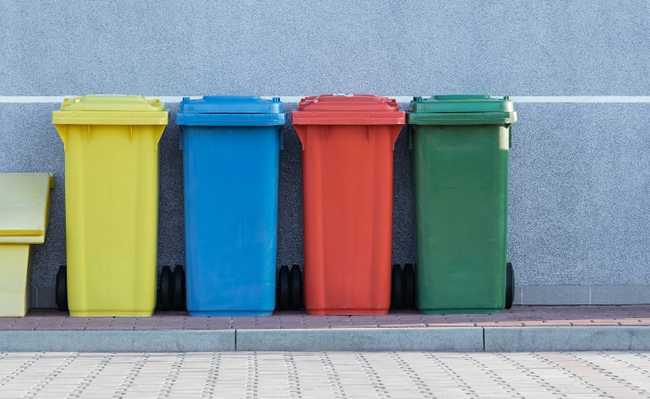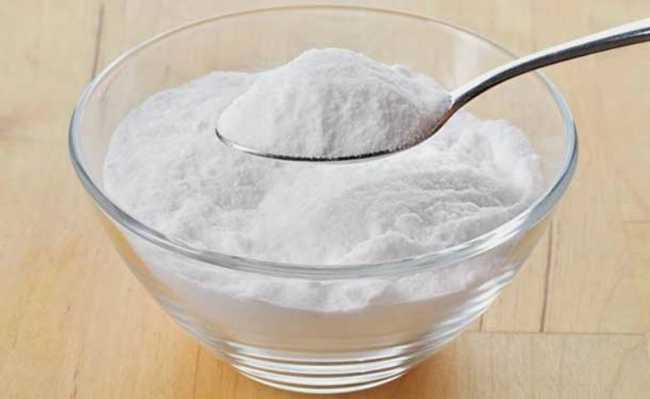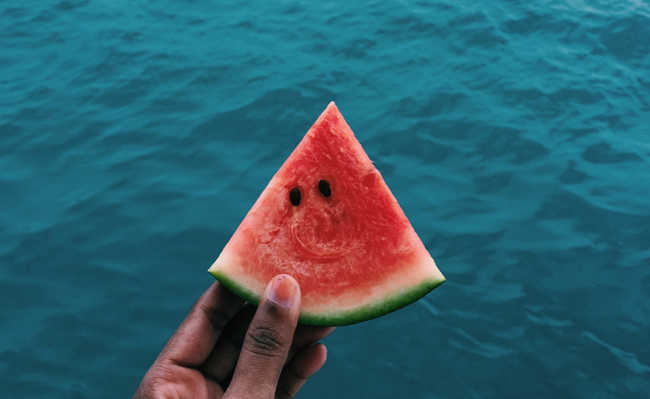Telephone directories: conscientious options for those still using
Gradually replaced by digital models, the market still exists, but there are recycling options

Believe it or not, telephone directories have an expiration date. People move, businesses open and close, and contact information changes. And even with digital technology, many people (especially older people) continue to use them. It is necessary to know that they are recyclable and many cooperatives in Brazil accept this material.
If you store a lot of lists at home or receive more than you need, here are some facts to keep in mind:
Categories
The paper used in telephone directories falls into the “mixed papers” category, which also includes products such as cereal boxes, cards and magazines. Posts that accept some of these items will generally accept the others, but it is always a good idea to confirm with the recycler which paper products are collected. Click here to know mixed paper recycling stations.
Categorizing recyclable papers is important because paper mills use these criteria to select materials and ensure the correct fiber length to make the new paper. The fibers in telephone directory paper are shorter than those in other types of paper, so they are often processed into other products, such as egg cartons and cardboard, where fiber length is not as important.
At the time of recycling, any element not related to paper, but present in the list, such as plastic and magnet, is removed to avoid possible contamination and lack of quality in the new material that will be manufactured.
Reduce
The US Environmental Protection Agency estimates that 72% (or seven million tons) of paper products stopped going to landfills in 2010 in the country. However, paper alone still accounts for more than twenty-eight percent of the waste we produce. In Brazil, according to figures from the Brazilian Pulp and Paper Association, around 50% of post-consumer paper has been recycled in recent years. Recycling of mixed paper is around 40%.
Do not receive
With so many homes and businesses moving to digital options, and with so many companies producing and distributing paper versions, it's not uncommon for lists to appear when the user no longer needs or wants them.
By choosing not to receive lists anymore, you will not only get rid of the inconvenience of receiving something you won't use, but you will save paper, all the resources and energy used in production and transport.
Reuse and Recycling
For catalogs that need to be discarded, there are several options, as well as possibilities for reuse at home.
There are many companies that go from house to house collecting old lists when delivering new ones. You can return the old list and opt-out, as we saw above.
In communities that do not offer catalog recycling, the paper can be shredded and used in composters. Most manufacturers use vegetable-based inks, which is common when printing uncoated papers such as newspapers and telephone directories. In this case, it is recommended to remove the spine and the cover that have unsuitable materials for composting.
To find stations that recycle mixed paper, visit the Recycling Stations section of eCycle.
Photo: Lanaartes










